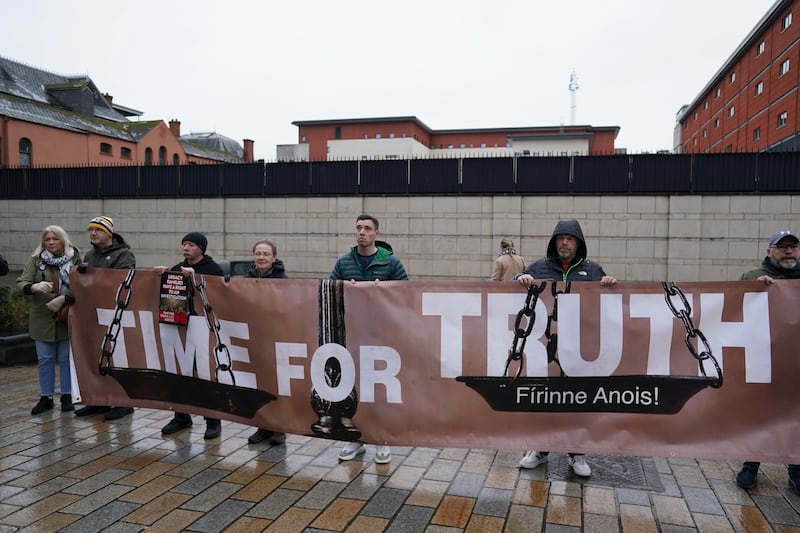EVEN before the effect of the Brexit negotiations bit hard, government in Northern Ireland was in a bad shape.
Stormont collapsed at the end of January 2017 amid acrimony round the Renewable Heat Incentive scheme, but long before that dysfunction was already a hallmark of how it conducted itself.
Assembly elections, held more than two years ago, failed to rejuvenate the assembly and executive.
Since then, the north's administration has limped on in an entirely unsatisfactory manner - neither direct rule nor devolved, with civil servants left in the invidious position of operating public services with no political direction or accountability, in a climate of budget pressures and legal challenges.
Brexit is undoubtedly the defining political issue of our age, with huge implications for the future relationship between Britain, Ireland and the European Union as well as their citizens.
Many of those citizens will conclude that the preoccupation with Brexit and the complete failure to restore Stormont will lead to devastating effects on the most vulnerable in society.
One example, as highlighted in today's edition, is the situation around welfare reform.
A package of measures designed to ensure the so-called bedroom tax does not apply in the north was agreed in the Fresh Start Agreement of November 2015.
Those mitigations run out in March 2020 and Advice NI and Nicva are warning of dire consequences.
The organisations say that if the welfare reform mitigations are allowed to end, 38,000 'bedroom tax' households will lose support totalling £22 million, or an average of £50 per month.
In addition, 1,500 families with children are set to lose support totalling £3m if a benefit cap is introduced from March next year.
Thousands of disabled people who are worse off following reassessment from DLA to PIP, as well as up to 1,500 carers, will also prematurely lose support from the mitigations schemes.
If the mitigations do indeed run out next March, the net effect will be a substantial drop in income - and perhaps even eviction - for thousands of vulnerable people who rely on the support of benefits.
Little wonder that Nicva and Advice NI use phrases like "financial tsunami" and talk of "less than one year to cliff edge".
The power to do something about this lies with our MLAs.
The Department for Communities, which administers the welfare system in Northern Ireland, has confirmed that by March 31 2020 not only will the mitigation funding run out but the legislation governing it will cease to have effect.
If the assembly was sitting, provision could be made and legislation passed.
That seems a remote prospect; it appears that those most at risk from welfare changes will fall victim to our grinding political deadlock.







